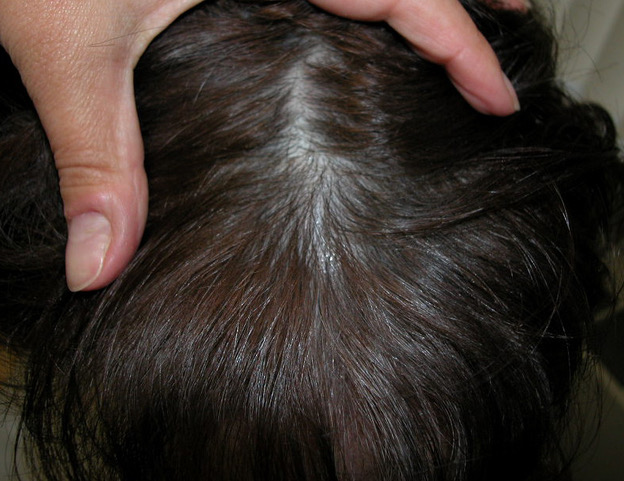Pulse of Information
Stay updated with the latest news and insights.
When Hair Goes MIA: The Great Follicle Fiasco
Discover the wild journey of missing hair and uncover the secrets behind the great follicle fiasco! Don’t miss this hilarious exploration!
Understanding Hair Loss: Causes and Solutions
Understanding hair loss is crucial for individuals experiencing it. The causes of hair loss can vary significantly and may include factors such as genetics, hormonal changes, medical conditions, and nutritional deficiencies. For instance, hereditary baldness is one of the most common causes, often manifesting in men and women through androgenetic alopecia. Additionally, conditions like alopecia areata can lead to sudden hair loss, while stress and illness can exacerbate the issue. Recognizing these factors early on can be essential in addressing the problem effectively.
Fortunately, there are numerous solutions for hair loss. Treatment options can range from over-the-counter medications such as minoxidil to prescription medications like finasteride, which help stimulate hair growth and prevent further loss. Dietary changes, including increased protein and vitamin intake, can also support hair health. In more severe cases, surgical interventions like hair transplants may be considered. It's important for those affected to consult with healthcare professionals to determine the most suitable approach for their specific situation.

The Science Behind Hair Follicles: Why They Go MIA
The science behind hair follicles delves into the complex biology that governs our hair growth and loss. Hair follicles are tiny, pocket-like structures in the skin that house the roots of our hair. These follicles undergo a cyclic process of growth, rest, and shedding, known as the hair growth cycle. In a healthy individual, this cycle can continuously produce new hair, but various factors can disrupt it, leading to what some might call follicles going MIA. Hormonal changes, genetic predispositions, and even environmental factors can impact the health and functionality of hair follicles, resulting in hair thinning or loss.
One pivotal reason why hair follicles can seemingly go missing is due to a condition called androgenetic alopecia, commonly known as male or female pattern baldness. This condition is often triggered by an overproduction of dihydrotestosterone (DHT), a derivative of testosterone that shrinks hair follicles over time. Another contributing factor is telogen effluvium, which manifests as temporary hair loss due to stressors such as illness, nutritional deficiencies, or hormonal fluctuations. Understanding these scientific mechanisms not only helps demystify the mystery behind disappearing hair follicles but also paves the way for potential treatments aimed at revitalizing follicle function and promoting healthy hair growth.
Is Stress the Silent Thief of Your Hair?
Stress can often feel like an invisible force that manifests in various aspects of our lives, and one of the most surprising effects it can have is on our hair. Many people experience hair loss or thinning without realizing that their emotional and mental well-being plays a significant role in these changes. When faced with stress, the body releases hormones such as cortisol, which can disrupt the hair growth cycle. As a result, many individuals find themselves wondering, 'Is stress the silent thief of my hair?' This question is becoming increasingly relevant in today's fast-paced world, where anxiety and pressure are common.
Furthermore, regular exposure to stress can lead to conditions such as telogen effluvium, a form of temporary hair loss triggered by a significant life event or stressor. This condition can cause an increased number of hair follicles to enter the resting phase, leading to noticeable shedding. To combat this, it is essential to adopt healthy stress management techniques, such as mindfulness, exercise, and proper nutrition, which can help mitigate the effects of stress on your hair. In doing so, you not only support your emotional health but also take proactive steps towards preserving the vitality of your hair.